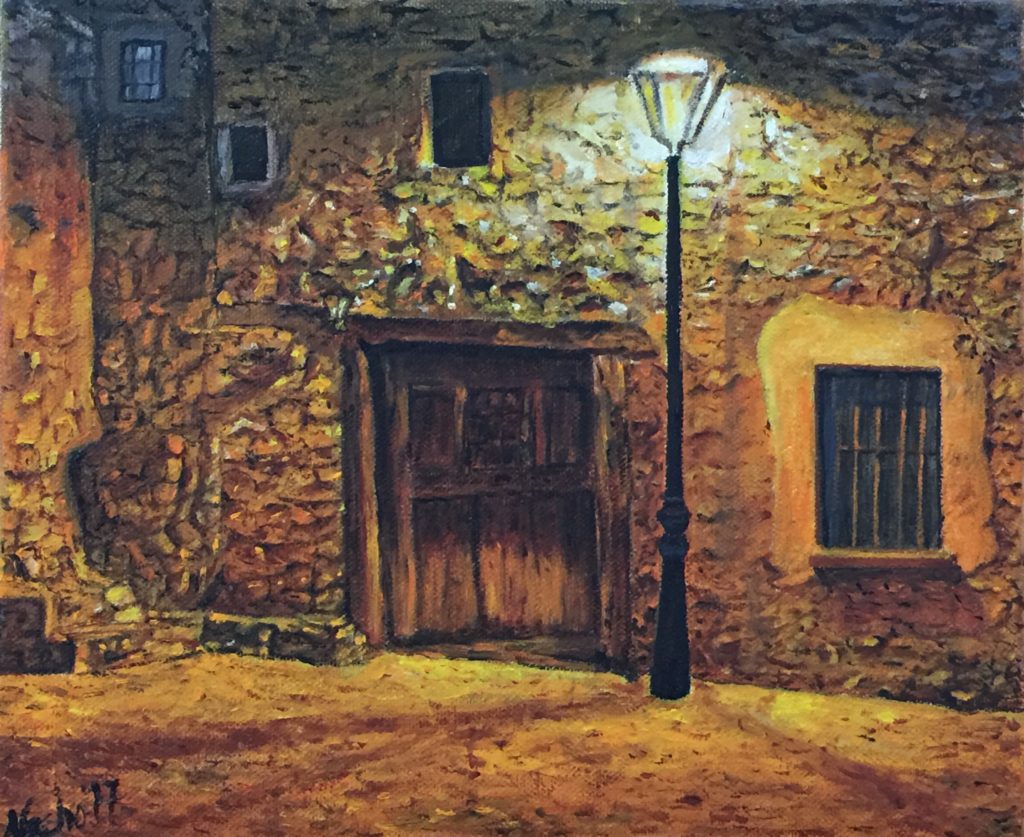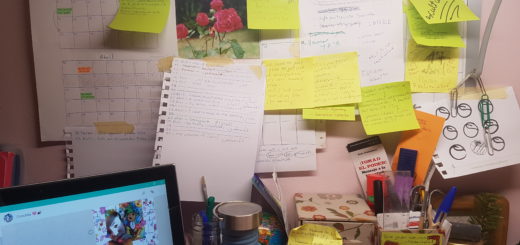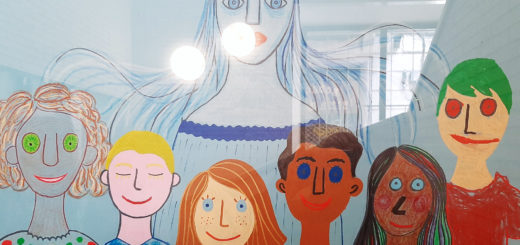For an education for repopulation
than you need to live.
Rigoberta Menchú. Nobel Peace Prize (1992)
Miguel Delibes, 1975
This new perspective seems to take into consideration the accumulated deficits, not only in our country but throughout Europe, with respect to a developmentalist model based on a free market economy, which has prioritized techno-industrial and economic progress in the cities, over the phagocytization of the regional base that surrounds them: the rural environment in its integrity, the human and biogeographic. Finally, priority attention is focused on the historical rural-urban inequalities, a fact that has been denounced by various rural social movements in recent decades, given the neglect that this context has had on the part of public administrations and society in general.
In our opinion, what we need to do now is to study and raise awareness of the roots of the problem. This means going deeper into a socio-historical, cultural, educational and political-economic diagnosis of rural depopulation that includes the voice of the affected populations. From this point on, we should try to find solutions that do not fall into cosmetic solutions, the "stop-gap" approach and the strictly technological package. Going to the root causes of these deficient migratory processes is not only necessary, but urgent. The fight against depopulation is also a race to give weight to new socio-educational, socio-economic and political models. Therefore, it is a bet to advance towards 'the cultural conservation of nature' that includes not only the naturalistic aspects but also those historically contributed by the peasant oral culture, the ancient sustainable manager of the territory. This implies the redesign of rural-urban inter-territorial relations and vice versa, incorporating the cultural, economic, agro-ecological and social aspects that define them, and not only the singularity of the biophysical ones. Precisely, the agrarian population, with its old and wise culture of peasant territorial management, is one of the essential species in danger of extinction for the maintenance of the rural and agro-food ecosystem (the primordial nourishing society) and the landscape of our heritage. It is this population, no more and no less, that has brought us here since the Neolithic period.
It is evident that we are facing an alarming situation regarding the survival of the human species on the planet. According to all recent scientific studies and international agreements in the field of climate change, if there is no radical correction of the productive course in human-nature relations, the threat of ecological collapse and ecocide will increase considerably to the point of becoming irreversible. As a consequence in the UN Agenda for Sustainable Development (2015-2030), the Sustainable Development Goals (SDGs) were articulated as "a universal call to action to end poverty, protect the planet and improve the lives and prospects of people around the world. In 2015, all UN Member States adopted 17 Goals as part of the 2030 Agenda for Sustainable Development, which set out a plan to achieve the Goals in 15 years" . In addition to ending poverty in the world, the SDGs include, among other points, "eradicating hunger and achieving food security; ensuring healthy lives and quality education; achieving gender equality; ensuring access to water and energy; promoting sustained economic growth; taking urgent action on climate change; promoting peace and facilitating access to justice".
UNESCO itself is already working for the 'Education for change for social transformation and sustainable development, with special attention to climate change, proposing new curricular approaches to teaching/learning from the concept of 'Green Schools', as centers of innovation for the territory.
Marcel Mazoyer y Laurence Roudart
Education, a 'soul' charged with the future
From the specific field of education, this scenario represents a major challenge. Especially if we take into account the process of continuous standardization of the educational model and its attempt at universality beyond the peculiarities of each situation, whether geographical, political, economic, ethnic or personal. The rural school, in particular, has been subjected and relegated to a unique thinking of urban type, of market economy, of relationships mediated by foreign contexts, etc. We propose, therefore, the need and obligation to restore historical dignity in this territorial, social and epistemic context, which has been structurally and culturally relegated to the hegemonic power of the megacity. The modern western world is being built from the prevalence of an urbanocentric consciousness legitimized as the only valid one by the current cultural policy, for which education is a necessary accomplice.The complexity of this situation results from two fundamental and strongly interrelated facts: on the one hand, the lack of human social memory resulting from the dizzying technological acceleration of the last century, which has led to a spatial/temporal rupture of consciousness, relationships and knowledge. To which must be added, probably, the determination of the "status quo" to which we have alluded so that we erase the connection with our historical past making it useless: the consumer society is installed for its success from the autism of the "carpe diem" and the immediacy of the materialistic "here and now" as the only measure.
For all these reasons, we believe that it is time to reinforce and reorient the public education system in communion with other incidental or informal subsystems, which complete the personal and professional training of the rural and urban population. Our response is not to replace one model with another, but to generate a new space for dialogue, collaboration and mutual respect, which will allow the advancement of all social and cultural models on an equal footing, in a process of inclusion based on the necessary particular differences. We flee, therefore, from false claims that idealize from naivety, a system "assigned" from outside, far from the needs of equality, development, growth and respect.
The rural world should not be a museum piece but a living, active and changing reality. From this arises, in our opinion, the need for this First Congress on Rural Education for the 21st century. For an education for the repopulation' (https://educacionrural.coceder.org/). What is intended, according to all that has been said, is a change of paradigm, to face the problems from a global, agroecological order and with a human dimension. With this congress we want to advance in a proposal that proposes essential values based on self-containment: that is, other human relations linked to austerity, solidarity, social equality based on difference, liberating education, the encounter with nature, and with the art of food -agroecology-, the economy of proximity, etc. Perhaps we are facing a Copernican turn that affects the intimate world of habits and ingrained beliefs, a plane that is mainly located in the axiology and the reconsideration of individual and social behavior. A turning point that radically mobilizes our sense of experience in everyday life from the depths.
Therefore, we believe that it is time to review collectively and from all areas (rural-urban) the following fundamental aspects for a new educational order, in the hope of being able to influence the society of the future in the medium/long term:
- Las políticas públicas para el Reto Demográfico en materia de educación formal, formación para el trabajo y educomunicación. Esto significa edificar una visión múltiple, participativa y consensuada de los cambios que son necesarios operar para el buen desarrollo de un ‘mundo rural vivo’, pudiendo influir a medio y largo plazo en ellas.
- La educación rural para el siglo XXI desde el sistema educativo, analizando los cambios necesarios dentro de su organización formal y planificación curricular, teniendo como horizontes la alfabetización digital, la creatividad social y la cultura de la iniciativa social y emprendedora.
- The need to reprogram a curriculum for the entire educational system, and in particular for the rural area, in which the "rural perspective" is incorporated as a cross-cutting element of content. Until now, the vision that appears in the curriculum has been designed from urban-centric assumptions, where this social context occupies a secondary, if not marginal, place.
- Education is not limited to the school or academic environment, it crosses and goes beyond this system and is linked and integrated with life, in what we know as permanent education or life-long education. It is therefore necessary to review, locate and get to know other more or less systematized experiences of rural education, which are developed in this context through other professional and social entities in the territory, which are full of potential and richness of learning.
- La alfabetización digital y audiovisual es una necesidad imperante en la sociedad actual. Este nuevo lenguaje impera en la realidad virtual y en la llamada ‘sociedad de la información y el conocimiento’. La educación rural del siglo XXI debe estar presente no solo como receptor de contenidos, sino como actor con personalidad y desde su propia identidad histórico-agraria y campesina.
Paulo Freire
[1] MITECO (2019) : https://www.miteco.gob.es/es/reto-demografico/temas/que-es/default.aspx
[2] Izquierdo Vallina, J. (2013). La conservación cultural de la naturaleza. KRK. Cuadernos de Pensamiento. Oviedo. Término que es acuñado por el geógrafo norteamericano Carl O. Sauer (1955)
[3] https://www.un.org/sustainabledevelopment/es/development-agenda/
[4] https://www.unesco.org/en/articles/what-green-school-greening-schools-webinar-1

Authors:
José Ignacio Rivas-Flores. Grupo Investigación PROCIE-UMA.
Antonio J. Viñas-Márquez. Universidad Rural P. Freire S. Ronda- COCEDER






